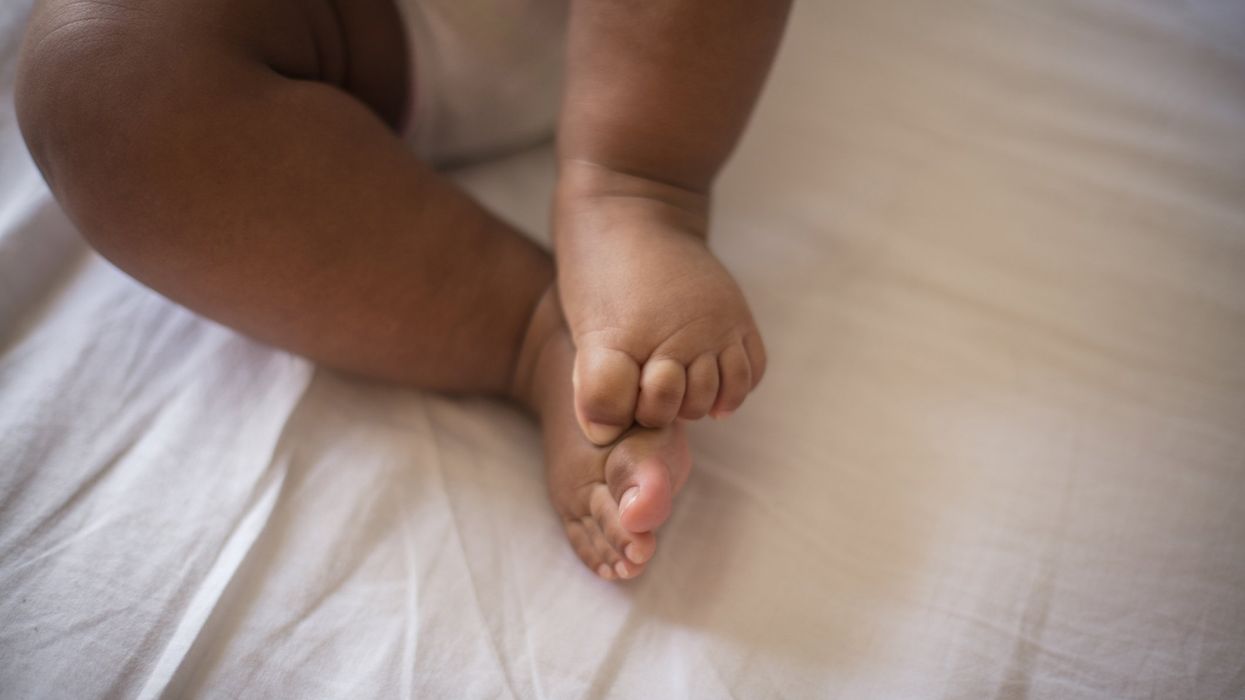
Mladen Zivkovic/Getty Images stock photo

A major hospital network in Massachusetts has now revamped its policies regarding babies born addicted to drugs in an attempt to address "significant racial and ethnic inequities" it claims are associated with substance abuse disorder.
On Tuesday, Mass General Brigham, the commonwealth's largest hospital group, announced that it will no longer automatically report that an infant has been born with drug addiction since the automatic reporting and other such policies "disproportionately affect Black individuals."
Current commonwealth law demands mandatory reporting of all infants with "physical dependence upon an addictive drug at birth." However, the hospitals affiliated with Mass General Brigham — including Massachusetts General Hospital, Brigham and Women’s Hospital, Newton-Wellesley Hospital, and Salem Hospital — will now encourage reporting such cases to child protective services only if the babies are "suffering or at imminent risk of suffering physical or emotional injury."
Another policy change at Mass General Brigham means that medical professionals will now conduct toxicology tests on newborns and/or "pregnant people" — sometimes referred to as women — only under two conditions. First, hospital workers must be given written consent to perform the tests. Second, they will perform the tests only if the results will affect the medical treatment the mother and/or child receives.
These new policies are part of Mass General Brigham's larger "United Against Racism effort" to fix policies that "may unwittingly perpetuate structural racism."
"Our new perinatal testing and reporting policy is the latest step in our efforts to address longstanding inequities in substance use disorder care and to provide compassionate, evidence-based support to families, while addressing substance use disorder as a treatable health condition," said Sarah Wakeman, M.D., senior medical director for Substance Use Disorder at Mass General Brigham.
Wakeman claimed that some women may stop seeking treatment for addiction if they believe they may lose custody of their children after birth. She also claimed that substance abuse alone does not mean that pregnant women will abuse or neglect their children after they're born.
Mass General Brigham is not the only medical organization that wants fewer babies born addicted to drugs to be taken away from drug-addicted mothers. It is following in the footsteps of Boston Medical Center as well as the American College of Obstetricians and Gynecologists and the American Society of Addiction Medicine, which have all taken a similar approach regarding drug-addicted babies.
"This policy reflects an emerging consensus, based on sound science, that is being embraced by our peer institutions and was developed in coordination with a wide range of partners," Wakeman asserted.
Allison Bryant, M.D., MPH, associate chief health equity officer at Mass General Brigham, claimed that this new policy will help those in the medical industry "turn our lens inward to understand our own contributions to stigma and inequity and strive to fix them."
Wakeman agreed. "It takes a multi-pronged approach to eliminate racial inequities and drop barriers to treatment," she said.
H/T: Libs of TikTok
Like Blaze News? Bypass the censors, sign up for our newsletters, and get stories like this direct to your inbox. Sign up here!